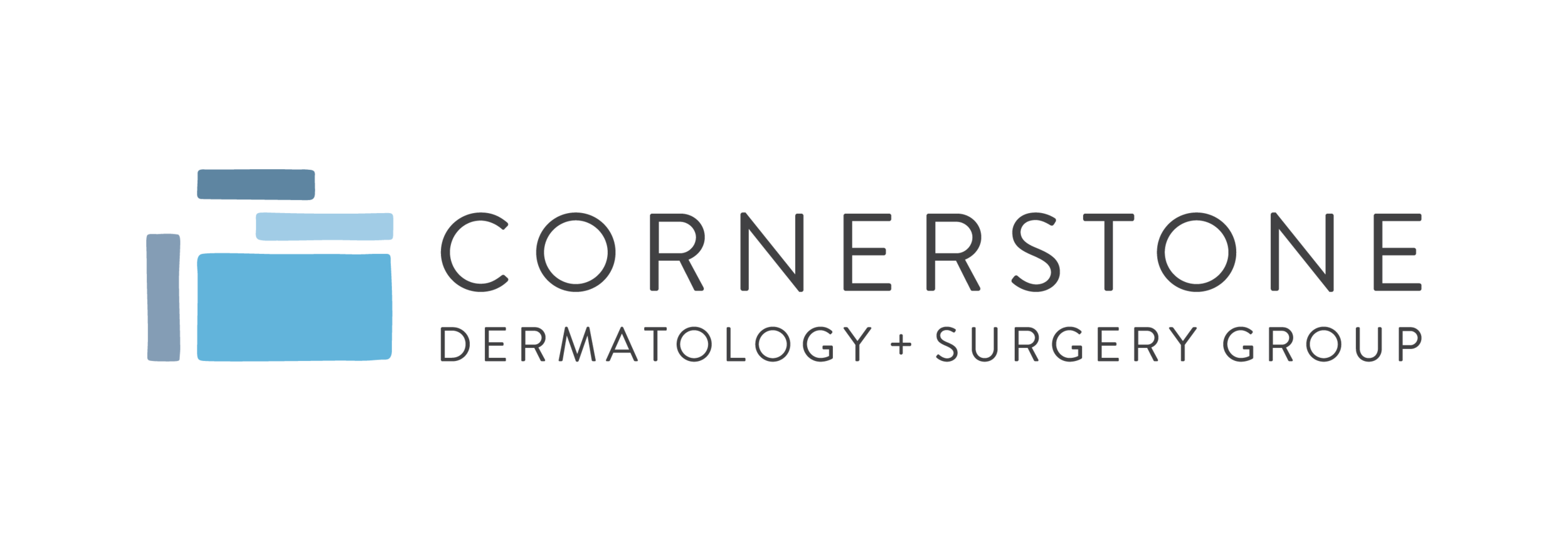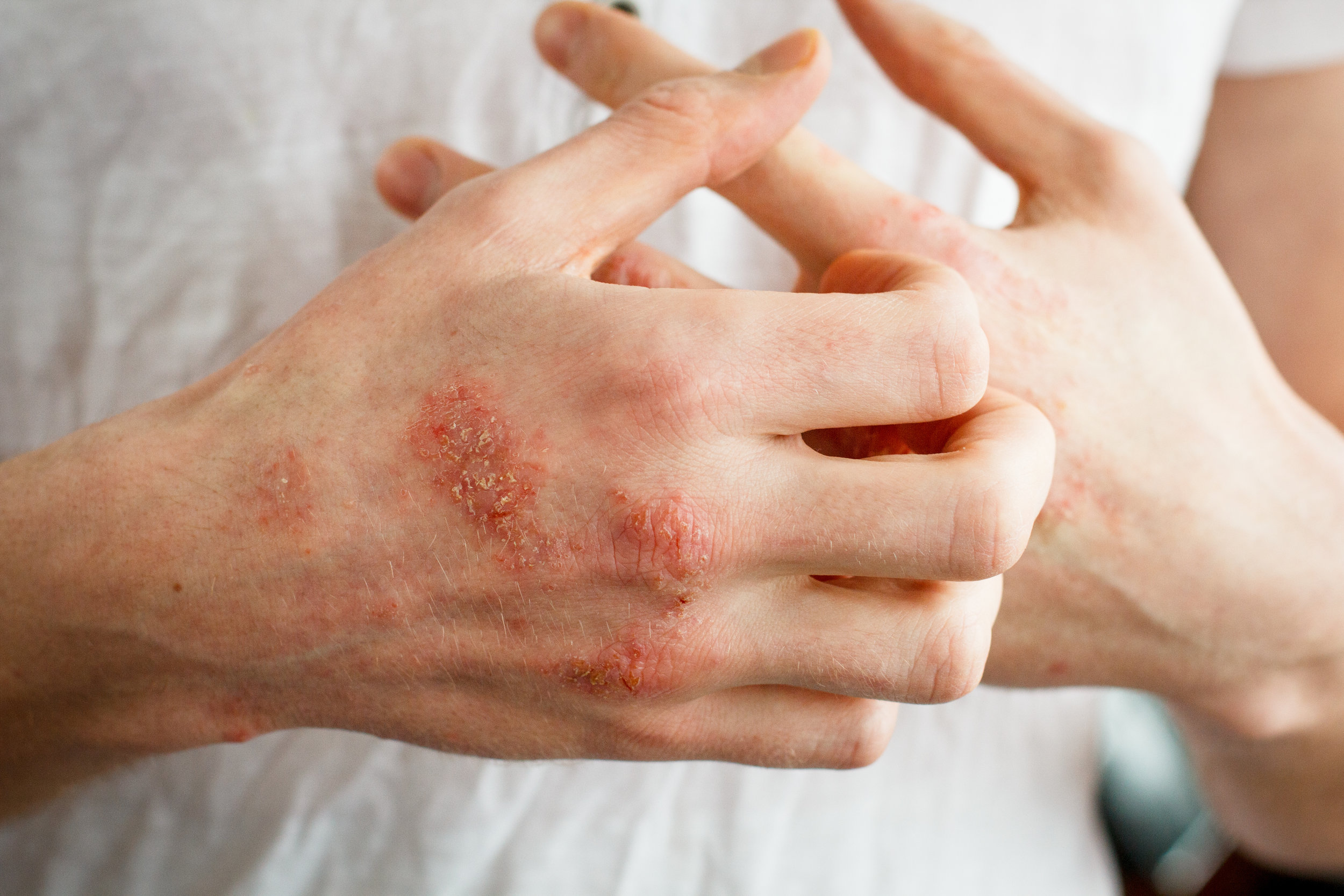Eczema and Dermatitis
Eczema
Eczema is a common condition treated by dermatologists. It is also known by the medical term atopic dermatitis. People with eczema sometimes also have seasonal allergies or asthma. It often begins in infancy and continues into childhood. Many people eventually grow out of eczema but others continue to have it to some degree into adulthood.
Eczema is a rash that causes the skin to be dry, red and very itchy. It often leads to poor sleep and can also be a source for various skin infections if not well controlled. Infants and toddlers tend to have the rash on their faces, though other areas of the body can be involved as well. As children get a little older, the eczema begins to target the insides of the elbows and behind the knees. The neck, wrists and ankles are also common locations. Adults often have eczema on their hands, though any area can be affected.
Treating eczema requires treating the skin gently on a daily basis. Mild cleansers and non-fragranced moisturizing creams for sensitive skin are very important. Prescription topical medications (creams or ointments that are applied to the skin) that help to reduce inflammation in the skin are often very effective. More severe forms of eczema sometimes require systemic medications (treatments that work throughout the entire body) such as pills or injections.
Dr. David Fieleke and the team at Cornerstone Dermatology can evaluate your eczema and help determine which treatments will be most appropriate. We will help you develop an ongoing plan to ensure your eczema is under excellent control.
Dermatitis
Dermatitis is a broad term used to describe any form of inflammation in the skin. The result of the inflammation is red, swollen, itchy, flaky skin.
Contact dermatitis is one of the most common types. Allergic contact dermatitis occurs when your immune system develops an allergic reaction to something that touches your skin. Allergies to metals such as nickel (which is found in snaps on clothing, jewelry, electronics, etc.) are quite common. Poison ivy is another form of allergic contact dermatitis. Irritant contact dermatitis is not a true allergy, but occurs when something irritates the skin due to enough contact. Soaps, chemicals and even water are frequent culprits. Diaper rash is another common form. A dermatologist can help you identify the source of your dermatitis, then develop a treatment plan that involves avoidance of triggers and medications to treat the inflammation that is present in the skin.


